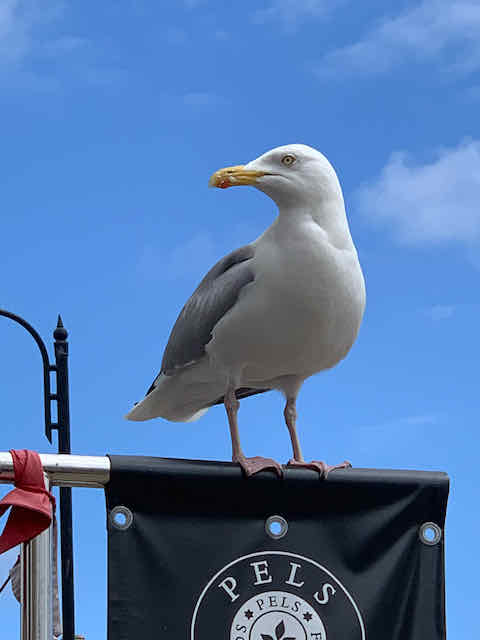Published on 12 Dec 2020 in life

What are the best things to have happened to you in life?
Maybe you’re thinking of when you met your partner. Your kids. Starting a business. Lifelong friends. A career you love.
I suspect that some of these things were planned out. Others were the direct or indirect result of being in the right place, at the right time and of the decisions you made in the moment. Most of the time you only know that it’s the right place when you’re there. You can’t plan for it, which is why seeing every situation as having the potential for something amazing to happen and maximising that chance is a far better strategy than planning life out.
Here are two approaches to life that aren’t mutually exclusive: We can focus on creating a plan, on drawing a map. We can also work on building the skills to get over the fact that we don’t have one.
What does a map give you?
If your destination is specific and there’s only one route; if your journey is far and hard; if you don’t have time for any detours; then you need a map.
Focussing on having a map means spending a lot of time planning and waiting for the right moment for something to happen. If you do that, you’ll get on the route, and you’ll probably make it.
But we can obsess over having a map. That’s a mistake; again, life is often so uncertain that we don’t even know our destination, let alone what will happen along the way.
Here’s the other strategy: rather than focussing on the map, build the skills to navigate without one.
That looks like:
If you use a map, you’re efficient.
If you can handle life without a map, you’re resilient.
In an unpredictable world be the latter.